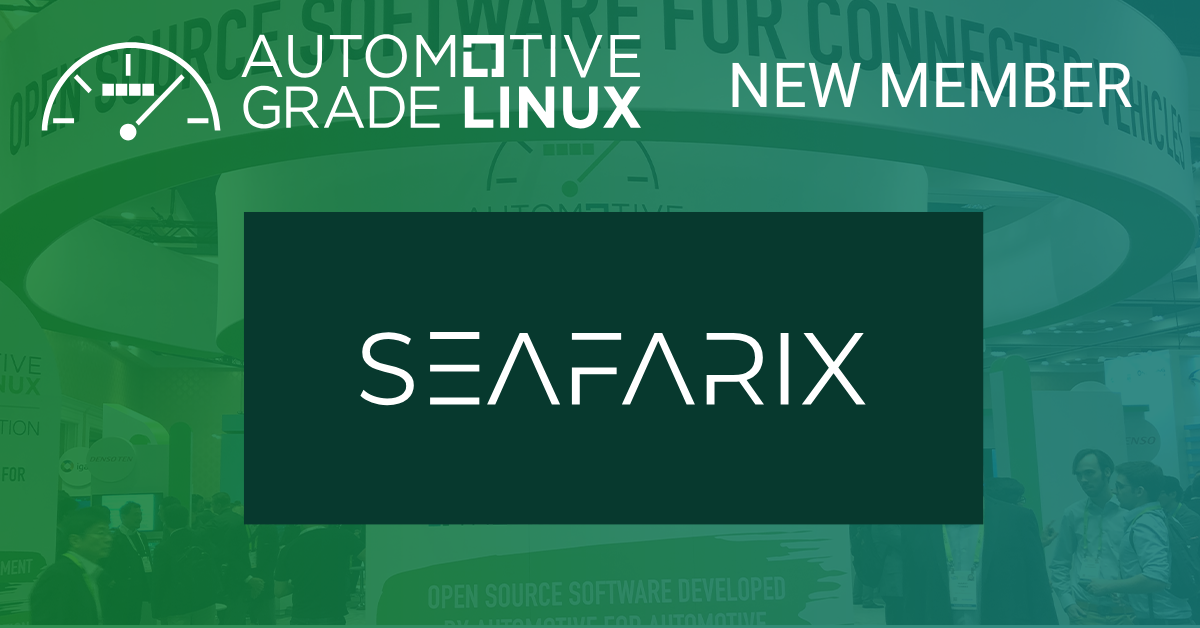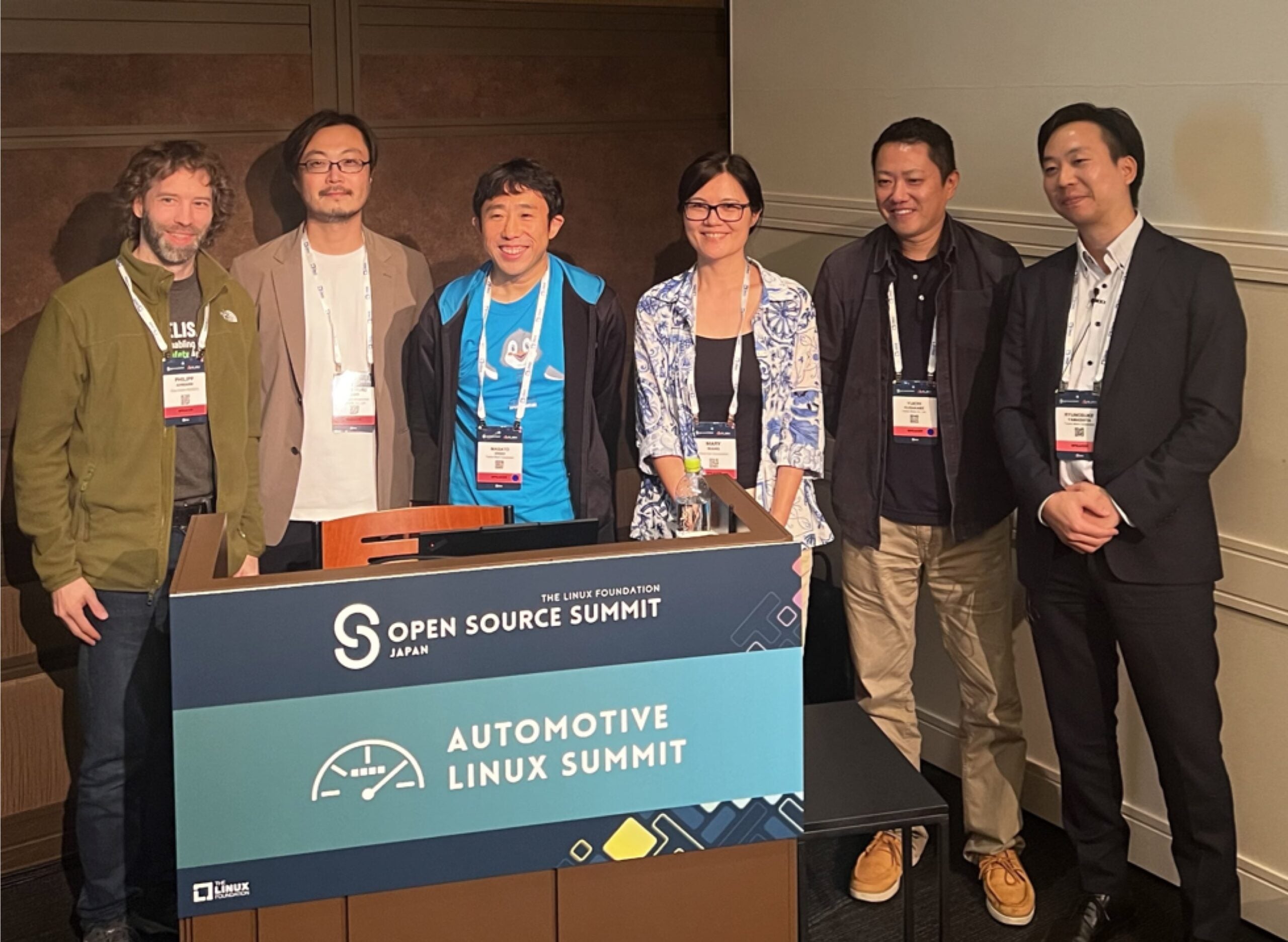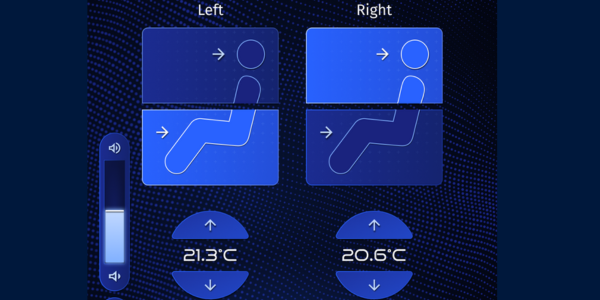AGL Releases UCB 10 “Jumping Jellyfish” with Yocto Long Term Support
SAN FRANCISCO, CA, November 23, 2020 — Automotive Grade Linux (AGL), an open source project developing a shared software platform for in-vehicle technology, today announced the latest code release of the AGL platform, UCB 10, also known under the codename “Jumping Jellyfish.”
Developed through a joint effort by dozens of member companies, the AGL Unified Code Base (UCB) is an open source software platform that can serve as the de facto industry standard for infotainment, telematics and instrument cluster applications.
“The AGL platform is Yocto-based, and for Jumping Jellyfish, we updated to Yocto’s first Long Term Support (LTS) release named Dunfell,” said Dan Cauchy, Executive Director of Automotive Grade Linux at the Linux Foundation. “This is significant as it means the Yocto Project will provide patches, fixes, and updates for an extended period of time, something that is essential for automotive systems, which have a longer life cycle than many other embedded Linux applications.”
UCB 10/Jumping Jellyfish includes an operating system, board support package, middleware, application framework and application APIs. Notable updates to the AGL platform include:
- Updated to Yocto Project’s first Long Term Support (LTS) release, 3.1 “Dunfell”
- New WindowManager ‘agl-compositor’ replacing agl-service-windowmanager
- Reworked autobuild scripts (update in services/apps required)
- Board Support Package updates including i.MX8 support
The full list of additions and enhancements to UCB 10 can be found here.
Automotive Linux Summit
Automotive Linux Summit (ALS) (ALS) will take place virtually on December 2-4, 2020, co-located with Open Source Summit Japan. Join thousands of open source developers, technologists and automotive industry leaders for 75+ sessions discussing new open source developments, best practices and insights across automotive security, virtualization, infotainment, instrument cluster, connectivity, Vehicle-to-Infrastructure (V2X), and more. All sessions are taking place in the Japan Standard Time Zone, with captioning & translation available in 16 different languages including Japanese, Chinese, Korean and more for every session. View the full schedule here: http://bit.ly/ALS_schedule and register for US$50 at http://bit.ly/ALS_register.
###
About Automotive Grade Linux (AGL)
Automotive Grade Linux is a collaborative open source project that is bringing together automakers, suppliers and technology companies to accelerate the development and adoption of a fully open software stack for the connected car. With Linux at its core, AGL is developing an open platform from the ground up that can serve as the de facto industry standard to enable rapid development of new features and technologies. Although initially focused on In-Vehicle-Infotainment (IVI), AGL is the only organization planning to address all software in the vehicle, including instrument cluster, heads up display, telematics, advanced driver assistance systems (ADAS) and autonomous driving. The AGL platform is available to all, and anyone can participate in its development. Automotive Grade Linux is hosted at the Linux Foundation. Learn more at automotivelinux.org.
Media Inquiries
Emily Olin
Automotive Grade Linux, the Linux Foundation




